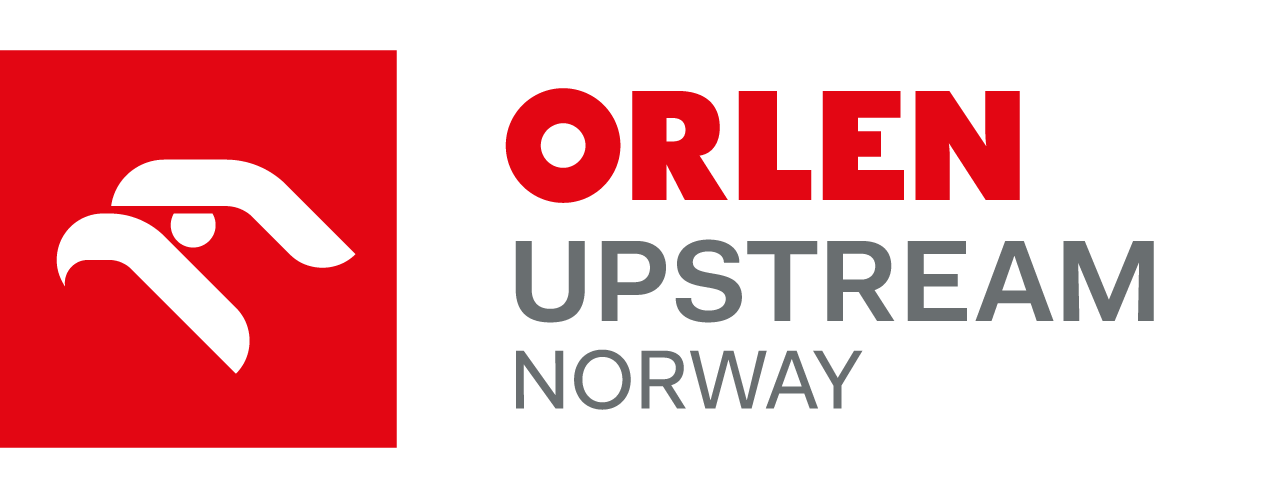05.12.2016
PGNiG: 14 charges against the European Commission on OPAL case
PGNiG with 14 charges against the European Commission’s decision on the OPAL gas pipeline and bringing an urgent action to the European Court of Justice.
PGNiG with 14 charges against the European Commission’s decision on the OPAL gas pipeline and bringing an urgent action to the European Court of Justice.
Watch the full video from the press conference
On 4 December 2016, PGNiG Supply & Trading GmbH , a company operating on the German market, filed complaint to the European Court of Justice against a decision by the European Commission exempting the OPAL gas pipeline from the obligation to apply the third-party access principle . PGNiG Supply & Trading has also submitted a motion for relief to suspend the effects of the decision issued by the Commission. This is the first of a range of legal measures PGNiG intends to take in this matter against the European Commission and the Bundesnetzagentur, i.e. the German energy market regulator.
"The decisions and the mode of proceedings by the European Commission and the Bundesnetzagentur are without precedence. They are destroying the development of the competitive gas market and expanding the privileges enjoyed by Gazprom, which can in turn lead to the Russian company acquiring a monopoly in the supply of gas to Central and Eastern Europe. This is a serious threat to the security of gas deliveries to Poland and the entire region,” says Piotr Woźniak, CEO of PGNiG Polish Oil and Gas Company.
No official publication of the decision
In October PGNiG SA declared it would file a camplaint against the decision by the European Commission and Bundesnetzagentur in the Court of Justice of the European Union and German national courts. Prior to taking the necessary legal steps, PGNiG SA appealed to the European Commission to publish the decision on the OPAL gas pipeline taken on 28 October 2016.
However, the Commission has yet to publicly disclose the content of that decision. The Bundesnetzagentur has also failed to respond to the application made by PGNiG SA for access to the decision as a matter of public record. As a result, for over a month now no other market participants apart from Gazprom have had the opportunity to read the Commission’s decision, which is of fundamental significance in the deterioration of conditions for competition on the gas market and, most importantly, impacts the security of gas supplies to Central and Eastern Europe.
At the same time, without regard to the interests of entities unrelated to Gazprom the Bundesnetzagentur has taken the decision to implement the European Commission’s decision. On 28 November the Bundesnetzagentur signed a contract with Gazprom, Gazprom Export and OPAL Gastransport GmbH exempting the owners of the OPAL gas pipeline from the obligation to apply in full EU regulations on third-party access. This contract enters into force on 31 December 2016.
Both PGNiG SA and NAFTOHAZ Ukraine immediately demanded (28 November and 1 December 2016, respectively) suspension of the performance of the contract between Bundesnetzagentur, OPAL GmbH, Gazprom and Gazprom Export. Yet neither PGNiG SA nor NAFTOHAZ Ukraine have received a positive response to their demands from the Bundesnetzagentur.
Unprecedented and unlawful activity
In the opinion of the renowned law offices representing PGNiG SA and PGNiG Supply & Trading, the mode and manner of proceedings in this matter by the Bundesnetzagentur are unprecedented and constitute a violation of German law. PGNiG SA, PGNiG Supply & Trading, and other entities operating on the German market have been deprived of the right to defend their own interests as they are entitled to do under the German constitution and other legal acts.
In conjunction with the above, on 1 December 2016 the Board of Directors of PGNiG SA decided to submit an appeal against the decision of the European Commission to the Court of Justice of the European Union. On 4 December 2016 an action was brought to the Court by PGNiG Supply&Trading GmbH. Furthermore, the company has filed an urgent application for relief to the Court suspending the performance of the Commissions’ decision by 23 December 2016. Approval of the motion will automatically lead to suspension of the contract between the Bundesnetzagentur, OPAL, Gazprom and Gazprom Export of 28 November 2016.
14 charges and discriminatory practices related to the decision by the Commission
In its complaint to the Court of Justice of the European Union, PGNiG Supply & Trading GmbH lodged 14 charges in conjunction with the European Commission breaking the following legal acts:
• Treaty on European Union, OJ C 202 (2016),
• Treaty on the Functioning of the European Union, OJ C 202 (2016), and
• Directive 2009/73/EC of the European Parliament and of the Council concerning common rules for the internal market in natural gas and repealing Directive 2003/55/EC, OJ EU L 09.211.94.
In the opinion of the PGNiG Group the decision by the European Commission regarding the OPAL gas pipeline violates EU regulations concerning competition on the European natural gas market, Treaty regulations on legal certainty, regulations addressing the protection of third parties and proportionality, as well as the terms of the association agreement between the EU and Ukraine. Furthermore, in the process of making its decision the Commission acted in a discriminatory manner.
This is the first in a series of carefully-planned legal steps under EU and German law that will be taken this month by the PGNiG Group.
* * *
In accordance with the previous practice of the Court of Justice of the European Union, a complaint against a decision by an EU authority can be filed even before the publication of the decision itself. The complaint can then be supplemented after the contents of the decision have been published and made available to the general public.
PGNIG Supply & Trading GmbH is a wholly-owned subsidiary of PGNiG SA. The company is engaged in both wholesale and retail sale of natural gas and electric energy on the German market.


